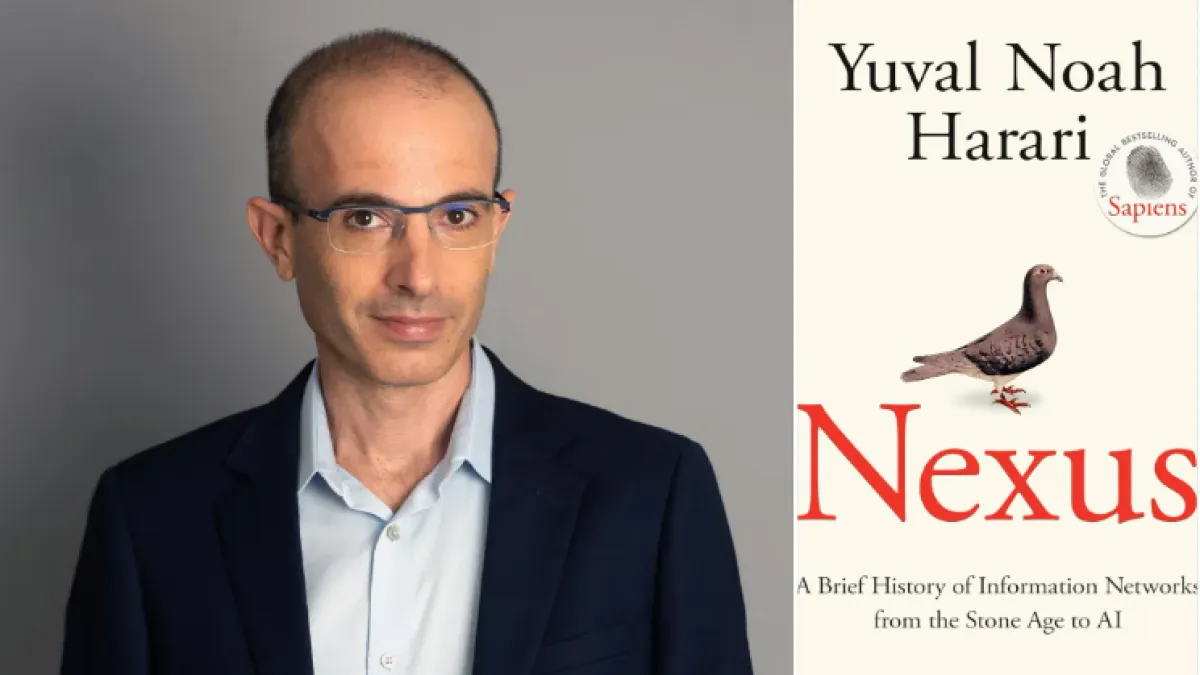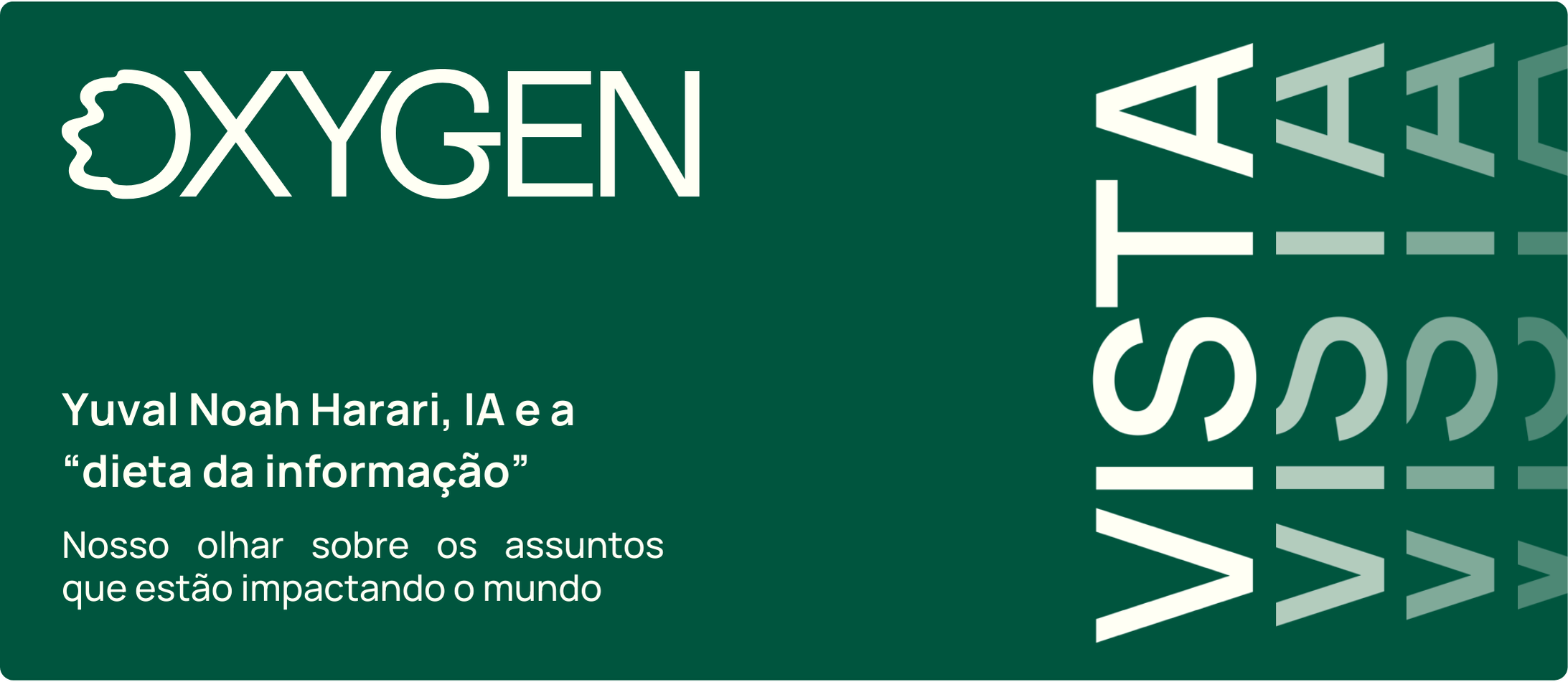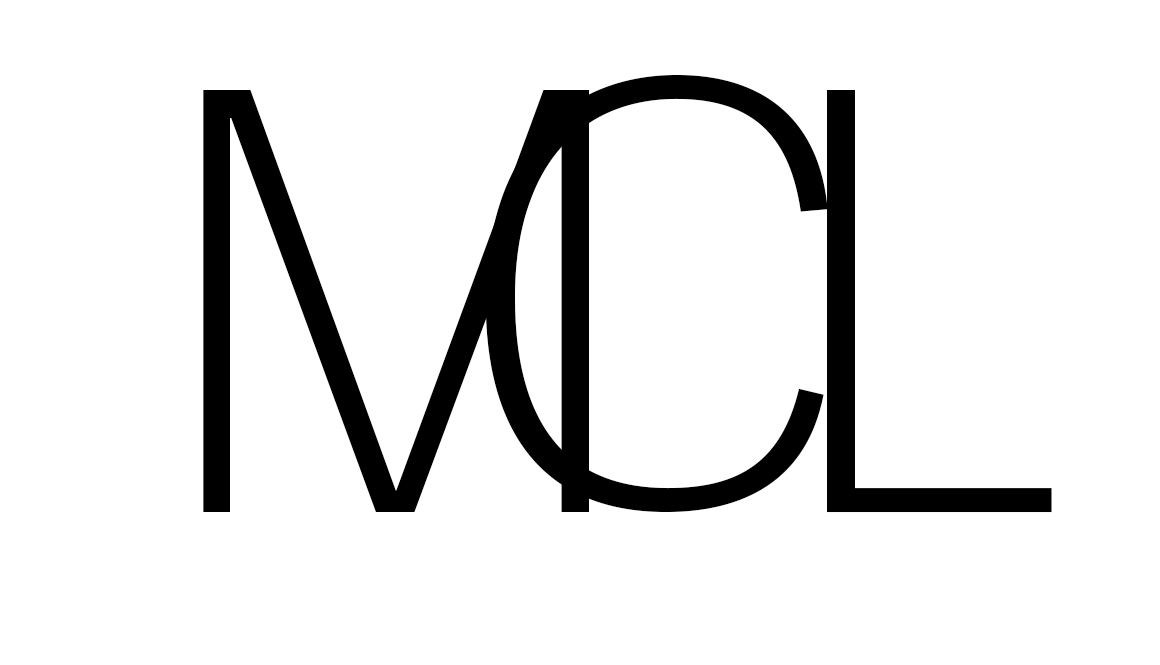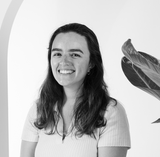🇧🇷 Oxygen Vista: Yuval Noah Harari, IA e a "dieta da informação" | 🇬🇧 Yuval Noah Harari, AI and the "information diet"

🇧🇷

🇬🇧
Are We Too Smart for Our Own Good?
Yuval Noah Harari recently posed a striking question: If humans are so smart, why do we seem determined to destroy ourselves? Despite our incredible achievements—like reaching the moon and decoding DNA—we now stand on the brink of disaster, with a whole menu of ways to go about it.
A key insight Harari shared is that bad decisions often come from bad information, not from bad people. He pointed to examples like Nazism and Stalinism, where followers weren't evil—they just believed the wrong stories. Today, our powerful information technology overwhelms us with data, but most of it is junk. Lies are cheap and easy, while the truth is complex, painful, and much harder to accept. People prefer simple stories because reality is messy, and facing the truth can feel like we need therapy.
Harari introduced the concept of an alien intelligence when talking about AI—not because it’s from outer space, but because it’s fundamentally different from any organic life on Earth. AI doesn’t operate like humans or animals; it processes information and makes decisions in a completely different, inorganic way. Unlike us, it doesn’t need air or water to survive. In fact, AI could thrive in space, where organic life would struggle. And while today’s AI, like ChatGPT, is in its amoeba stage, Harari warned us to imagine what it might look like when it evolves into an “AI T-Rex.”
He also drew an interesting comparison between how AI and humans create. Many think AI simply remixes existing content, but Harari argued that this isn’t so different from how humans work. When writing his books, Harari pulls ideas from other books, articles, and conversations—just like AI collects data from vast sources. The real creativity, whether human or machine, comes in how we weave these ideas together into something new. So, when AI composes a symphony or writes a story, it’s engaging in a form of creativity not so unlike our own.
Harari emphasized the power of social media and how it controls what people talk about. In the past, editors were the gatekeepers of information, shaping what the public consumed. Mussolini, for example, rose from being a newspaper editor to the dictator of Italy. Today, that role has been taken over by algorithms. Social media platforms like Facebook, Twitter, and YouTube don’t just host content—they decide what gets seen, making them both the curators and editors. This shift has been powerful enough to destabilize democracies, as these algorithms push content that triggers emotions like fear and anger to keep us engaged.
To manage this overwhelming flood of information, Harari practices what he calls an “information diet.” Every year, he spends two months in silence, without talking to anyone or consuming any new information. This break helps him digest what he's already learned and reflect deeply, something he believes is crucial in today’s world of information overload.
He wrapped up by stressing the importance of all of us managing our own "information diet." We’re consuming too much information too quickly, and it’s becoming harder to distinguish what's valuable from what's junk. Just like our bodies need time to digest food, our minds need time to process information. The rapid development of AI is adding even more to this overload, and if we don’t slow down and adapt, we may not be able to handle the consequences.


